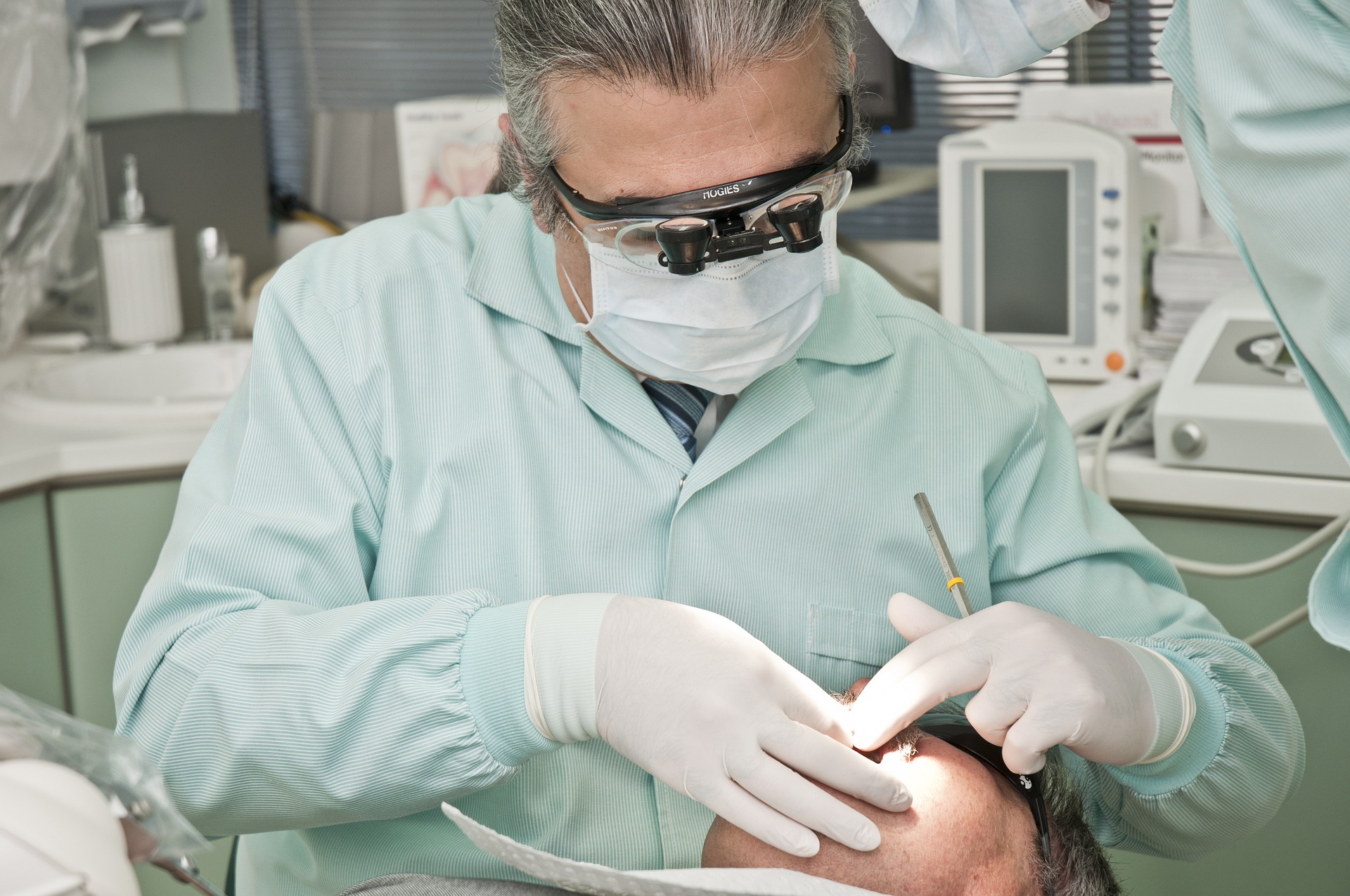Understanding Kidney Disease: Key Signs That Indicate a Potential Problem
Kidney disease is a serious condition that impacts millions of people worldwide. Despite its name, kidney disease does not always mean the kidneys have completely failed. Instead, it often indicates that the kidneys are not filtering waste and fluids as effectively as they should. Recognizing the early signs of kidney disease can be crucial for timely intervention, helping to slow progression and prevent serious complications. Understanding these warning indicators plays a key role in protecting overall health.

What is Fluid Retention and How Does it Relate to Kidney Disease?
Fluid retention, medically known as edema, occurs when excess fluid accumulates in the body’s tissues. In healthy individuals, the kidneys regulate fluid balance by filtering blood and removing excess water through urine production. When kidney function becomes compromised, this delicate balance is disrupted, leading to fluid buildup throughout the body.
The relationship between fluid retention and kidney disease is direct and significant. As kidney function declines, the organs struggle to eliminate excess sodium and water from the bloodstream. This inefficiency causes fluid to accumulate in various parts of the body, most commonly in the legs, ankles, feet, and around the eyes. The retention may also affect internal organs, leading to complications such as pulmonary edema, where fluid builds up in the lungs.
How Does Fatigue and Weakness Appear in Kidney Disease Patients?
Fatigue and weakness are among the most common yet often overlooked symptoms of kidney disease. These symptoms typically develop gradually, making them easy to dismiss as normal effects of aging or stress. However, the underlying mechanisms are complex and directly related to kidney dysfunction.
When kidneys fail to function properly, several factors contribute to persistent fatigue. The buildup of toxins and waste products in the blood, known as uremia, can cause feelings of exhaustion and mental fog. Additionally, kidney disease often leads to anemia, a condition where the body produces fewer red blood cells due to decreased production of erythropoietin, a hormone produced by healthy kidneys. This reduction in oxygen-carrying capacity leaves patients feeling constantly tired and weak, even after adequate rest.
Why is Monitoring Swelling in Legs and Feet Important for Kidney Health?
Swelling in the legs and feet, particularly when it occurs without an obvious cause like injury or prolonged standing, can be one of the earliest visible signs of kidney problems. This type of swelling, known as peripheral edema, serves as an important indicator of the kidneys’ ability to maintain proper fluid balance.
Monitoring this swelling is crucial because it often appears before other more obvious symptoms develop. The swelling typically starts in the lower extremities due to gravity’s effect on fluid distribution. It may begin as mild puffiness around the ankles in the evening and progress to more pronounced swelling that persists throughout the day. Healthcare professionals often use the presence and severity of leg and foot swelling as a key diagnostic tool and treatment monitoring method for kidney disease patients.
How Can Changes in Urination Patterns Signal Kidney Problems?
Changes in urination patterns often provide the earliest clues about kidney health issues. These changes can manifest in various ways, each offering important insights into kidney function. Normal urination typically occurs four to seven times daily, with urine appearing pale yellow and relatively clear.
Several urination pattern changes may indicate kidney problems. Increased frequency, especially during nighttime hours, can signal the kidneys’ inability to concentrate urine properly. Conversely, decreased urination or difficulty urinating may indicate severe kidney dysfunction. Changes in urine appearance, such as foamy urine suggesting protein presence, blood in urine creating a pink or red tint, or dark-colored urine, can all signal kidney problems requiring immediate medical attention.
Early Detection and Treatment Options for Kidney Disease
Early detection of kidney disease significantly improves treatment outcomes and can slow disease progression. Healthcare providers typically use blood tests measuring creatinine levels and estimated glomerular filtration rate, along with urine tests checking for protein or blood, to assess kidney function. Regular screening becomes particularly important for individuals with risk factors such as diabetes, high blood pressure, or family history of kidney disease.
Treatment options vary depending on the stage and underlying cause of kidney disease. Early-stage treatments focus on managing underlying conditions like diabetes and hypertension, dietary modifications to reduce protein and sodium intake, and medications to control blood pressure and protect kidney function. Advanced treatments may include dialysis or kidney transplantation for end-stage kidney disease.
| Treatment Option | Provider Type | Estimated Monthly Cost |
|---|---|---|
| Medication Management | Nephrology Clinics | $200-$500 |
| Hemodialysis | Dialysis Centers (DaVita, Fresenius) | $6,000-$8,000 |
| Peritoneal Dialysis | Home Healthcare Services | $4,000-$6,000 |
| Kidney Transplant | Transplant Centers | $400,000+ (one-time) |
Prices, rates, or cost estimates mentioned in this article are based on the latest available information but may change over time. Independent research is advised before making financial decisions.
The key to managing kidney disease lies in early recognition of warning signs and prompt medical intervention. While the symptoms discussed may seem common or easily dismissed, their persistence or combination should prompt immediate consultation with healthcare professionals. Regular monitoring, lifestyle modifications, and appropriate medical treatment can significantly impact the progression of kidney disease and improve long-term outcomes for patients.
This article is for informational purposes only and should not be considered medical advice. Please consult a qualified healthcare professional for personalized guidance and treatment.




